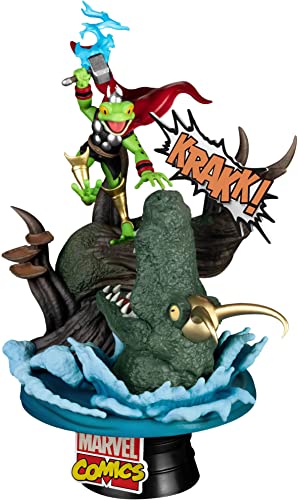As per usual with films based on real life events, they change the facts.
Firstly the first person Kyle killed in combat was a woman holding a child with a pipe bomb, it wasn't a child on his own. The enemy sniper storyline was also not accurate to the real life events.
I didn't find it to be an outstanding film by any means. I saw 7 of the 8 Best a picture nominees and would place American Sniper at the bottom of the list.
I don't have a problem with artistic/creative license being applied in a way where the essence of the events is maintained. But looking at those two examples, what dramatic benefit did either of those achieve? The dramatic impact of a child having been killed was fleeting, while the enemy sniper arc was a half-baked attempt to deliver some sort of personal duel element within a broader narrative, the outcome of which had no discernible results that the audience is made aware of.
The "flag-waving" aspect is reinforced by the closing credits sequence, but comes from the limited perspective it delivers on the Iraq war - some will say fair enough given that it is an account of an individual. But this is a film that is entirely the account of a
patriot and a one-dimensional one at that. Even when he's wrestling with his "coming home" demons, the audience isn't given any reason to invest in the struggle because Kyle is presented as such a black-and-white character doing a black-and-white job. It's an exclusively American story that is bereft of any of the universal story-telling aspects that made
The Hurt Locker and
Zero Dark Thirty (for all their faults) so enthralling and tension-laden - the characters were given purpose, and their struggles invited the audience to invest in them emotionally. I didn't give a toss about Chris Kyle because what did his persona consist of? An American one-liner, "God, country, family". And his wife? "Just come home baby". In other words, the only reason Eastwood gives us cause to care about the protagonist is because he's American. Yup. Lazy flag-waving.
Eastwood might have delivered an arguably braver narrative, one that depicted Kyle as, apparently, the racist, blood-thirsty killer many of those who have read his book claim him to be. One where the audience is conflicted about wanting him to succeed in his job, but realising that this success is predicated on the less palatable attributes of his personality, for example. But no, the whole way through, scene after scene, we get the "what a guy" treatment - albeit one who prefers the company of his "boys", who nobody knows anything about, to that of his wife and kids, who nobody knows anything about. Some conflict.
On top of all that, and what incredibly seems a minor point, is that the cinematography and shot direction was terrible. The BBQ scene was so poorly shot that the tension had almost dissipated as soon as the audience was made aware any existed. And Navy SEAL training consisting almost entirely of being able to endure cold water being splashed all over one's body? Gee, it's
that tough? The sandstorm? Was there any point? It's as though Eastwood wanted to treat the audience intelligently by not revealing the more obvious visual components to a shot, but then turns around and conceals components that would have been very handy for the audience to be aware of.














